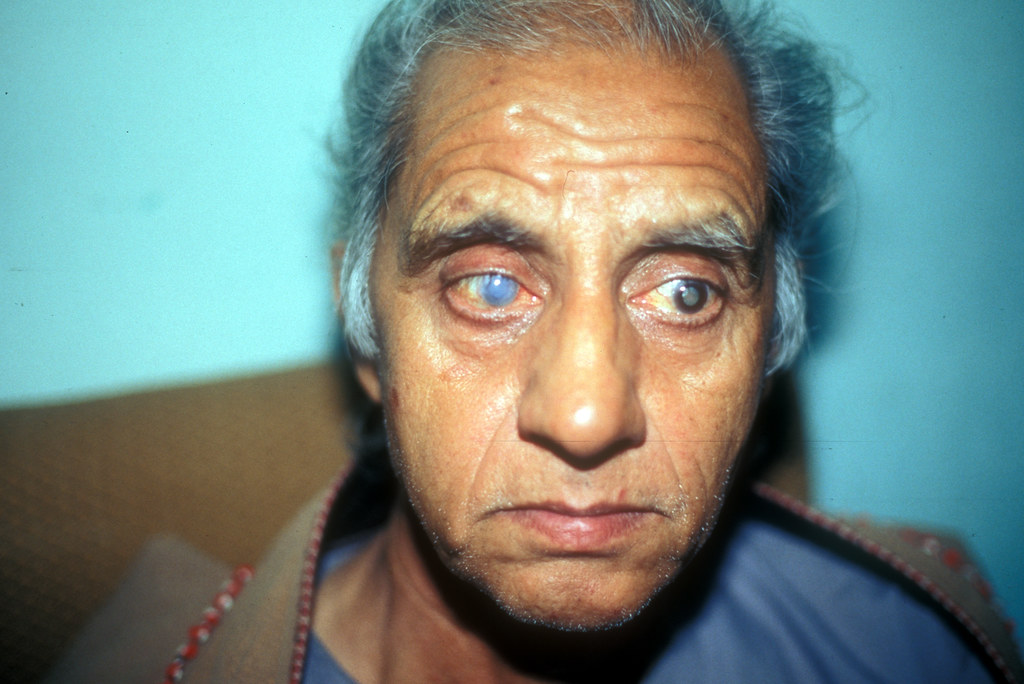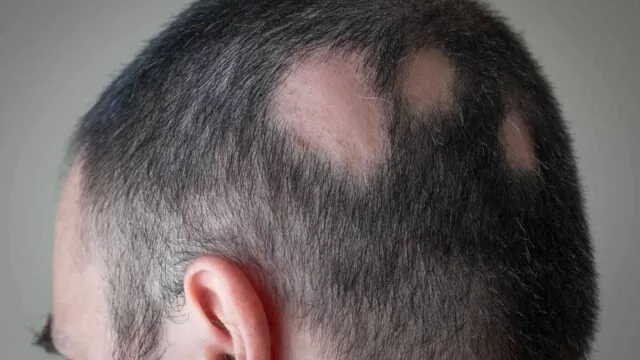FTC disclaimer: This post may contains affiliate links and we will be compensated if you click on a link and make a purchase.
Welcome to our comprehensive guide on eye floaters and glaucoma, two commonly misunderstood eye conditions. Per patient feedback, we’ve noted a cloud of confusion and a flurry of questions surrounding these topics.
That’s why we’ve dedicated this article to clearing up the confusion and providing clear, informative answers. Our aim is to demystify these conditions, helping you understand what they are, how they affect your vision, and how they can be managed or treated.
With expertise from eye care professionals, we’ll dive into the world of eye floaters – those annoying dots or lines that float across your field of vision, and glaucoma – a serious condition that can lead to vision loss if not treated early.
So, let’s embark on this informative journey, shall we?
Understanding Eye Floaters
Eye floaters are tiny spots or lines that appear to drift in your field of vision, often described as having a similar appearance to ‘dots’, ‘cobwebs’ or ‘clouds’.
As one gets older, the transparent substance in your eyes known as vitreous jelly, slowly shrinks. This causes microscopic fibers within it to clump and cast tiny shadows on the retina, hence the perception of floaters.
Various factors can trigger the onset of these eye floaters, with age and eye trauma being the most common.
They are usually not a cause for concern, but a sudden increase in new floaters, especially when accompanied by ‘flashes’ of light or loss of peripheral vision, could indicate a more serious eye problem like retinal detachment and requires immediate medical attention.
These floaters can impact your vision, often appearing as moving specks in your line of sight, and can be particularly noticeable when looking at something bright, like a blue sky or a white piece of paper.
Understanding, detecting, and managing eye floaters is crucial, and visiting the best eye specialist for a comprehensive eye exam is the best way to ensure your eye health is in check.
Managing Eye Floaters
Eye floaters, those pesky dots or lines that drift across your field of vision, can be more than just an annoyance. They can impact your daily activities and overall quality of life. We believe that managing this condition begins with understanding the available treatment options.
- Eye Drops: Specialized eye drops can help alleviate the symptoms of eye floaters. These drops work by reducing inflammation and promoting the health of your eyes. However, they are not a cure-all solution and should be used under the guidance of a healthcare professional.
- Surgery: In severe cases, your eye surgeon may recommend a procedure to remove the floaters. This is typically seen as a last resort, as all surgeries carry some level of risk.
Managing eye floaters is not just about treatment, it’s about prevention as well. Regular eye exams by the best eye doctor are crucial for early detection and effective management of this condition.
A combination of daily eye drops, routine checks, and healthy lifestyle choices can go a long way in maintaining your vision and keeping those floaters at bay.
Exploring Glaucoma
Glaucoma, a leading cause of irreversible vision loss, is a group of eye diseases causing progressive damage to the optic nerve. This nerve serves as a communication channel between your eyes and brain, and damage to it can lead to vision loss. (source)
Contrary to many diseases, glaucoma sneaks in like a “silent thief of sight”, often showing no early symptoms.
It’s only when the disease has advanced that individuals may experience symptoms like eye pressure, glare, and difficulty adjusting to changes in room lighting. (source)
Types of Glaucoma
There are two main types of glaucoma: open-angle and closed-angle. Open-angle glaucoma is chronic, showing few to no signs except for gradual vision loss.
Closed-angle glaucoma can be acute or chronic and is characterized by a narrow-angle anatomic configuration.
Early detection and treatment of glaucoma are crucial. Regular eye exams can help diagnose the disease at an early stage and prevent further vision loss. Remember, once vision is lost to glaucoma, it cannot be regained. (source)
Understanding the Role of Eye Exams
It’s often said, “The eyes are the windows to the soul,” but in the context of eye care, they can be viewed as windows to your health too.
Regular routine eye exams play a vital role in the early detection and management of eye conditions such as glaucoma and eye floaters.
During an eye exam, experienced eye care physicians use a range of tests to thoroughly examine your eyes. These examinations can pick up on signs of optic nerve damage, increased eye pressure, and any visual irregularities, often before any symptoms become apparent to the patient.
Remember, early detection is key to preventing vision loss and ensuring the health of your eyes. So, whether it’s a day at the beach or a day at the desk, make eye exams a part of your regular eye care routine.
Treating Glaucoma
Addressing glaucoma involves diverse treatments that can be tailored according to its severity. The primary step is to consult with the right eye doctor who specializes in this condition.
- Eye Drops: This is often the first-line treatment for glaucoma. These drops aid in decreasing eye pressure, an essential step for preventing further glaucoma damage.
- Laser Treatments: For specific cases, laser treatments are advised. These procedures work efficiently to lower eye pressure and can be an effective alternative if eye drops aren’t sufficient.
Remember that adhering to the treatment plan and regular monitoring of eye pressure is crucial to prevent permanent vision loss due to untreated glaucoma. The risk of blindness is real, but with an early diagnosis and the right treatment, it’s entirely preventable.
Always consult your doctor or an eye hospital specialist for any concerns related to glaucoma and its treatment.
Preventing Eye Conditions
As the old adage goes, “prevention is better than cure.” And when it comes to eye conditions like glaucoma and eye floaters, taking preventative measures can have a significant impact on your eye health.
Let’s explore some key strategies that can help safeguard your eyes.
- Proper Eye Care: One of the most crucial steps is taking care of your eyes daily. This includes protecting your eyes from harsh lights and excessive screen time, which can cause eye irritation and strain. Wearing sunglasses when outdoors can also shield your eyes from harmful UV rays.
- Diet and Exercise: Believe it or not, what you eat and how active you are can also influence your eye health. Foods rich in vitamins A, C, and E are known to support eye health. Regular exercise, like simple eye exercise worksheets, can also help keep your eyes in top shape.
- Regular Eye Exams: And of course, never underestimate the importance of routine eye check-ups. Regular visits to eye hospitals, like Disha Eye Hospital, can help catch any potential issues early and keep your vision clear.
Remember, your eyes are precious – take the time to care for them properly!
Conclusion
In the journey of understanding the complexities of our vision, we’ve learned that eye floaters and glaucoma are significant conditions to be aware of.
While eye floaters often result from changes in the eye’s vitreous body, they are usually not vision-threatening.
On the other hand, glaucoma, an optic nerve disease, can lead to severe vision loss if not detected and treated early.
It is crucial to prioritize your eye health and seek regular eye exams. Remember, early detection is key in preventing vision loss from these conditions.








